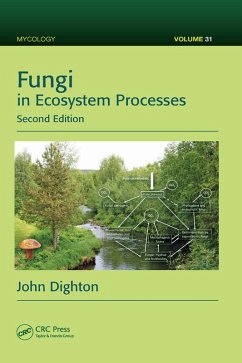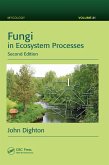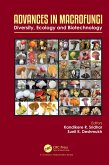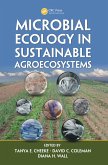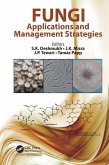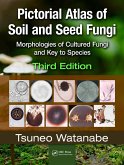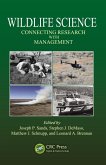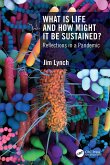This new edition continues the unique approach of examining the roles of fungi from the perspective of ecosystem functions. It explores how fungi have adapted to survive within particular constraints, how they help to maintain homeostasis in ecosystems, how they facilitate resistance to perturbations, and how they influence the communities of other organisms. It contains substantial expansions to previous material, including discussions of new molecular techniques of metagenomics, transcriptomics and proteomics in understanding fungal functions and a new section on fungi in the built environment.
Dieser Download kann aus rechtlichen Gründen nur mit Rechnungsadresse in A, B, BG, CY, CZ, D, DK, EW, E, FIN, F, GR, HR, H, IRL, I, LT, L, LR, M, NL, PL, P, R, S, SLO, SK ausgeliefert werden.

